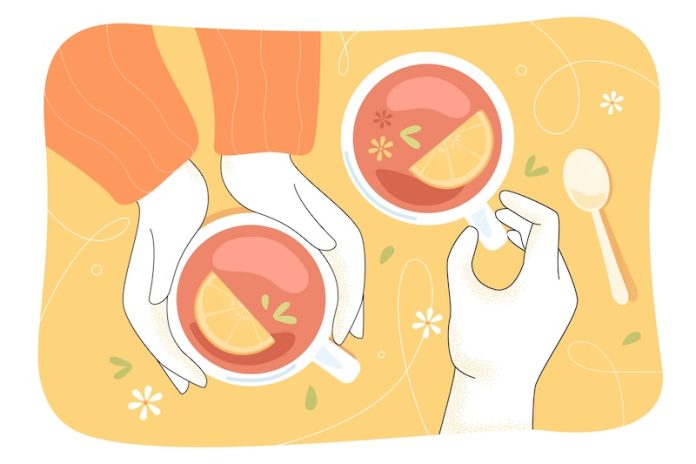
High blood pressure, or hypertension, is a widespread health problem that can lead to severe conditions like heart disease and stroke if not properly managed.
One effective way to control blood pressure is by paying attention to what we drink.
This article will discuss which beverages can help lower blood pressure quickly and which ones to avoid, based on scientific research.
Let’s start with the good news: certain drinks have been proven to positively affect blood pressure levels. One of the best options is beetroot juice. Beetroots are packed with nitrates, which the body converts into nitric oxide.
This substance helps relax and widen blood vessels, improving blood flow and lowering blood pressure. Studies have shown that drinking beetroot juice can lead to significant reductions in blood pressure within just a few hours.
Another beneficial drink is hibiscus tea. This tea is made from the dried parts of the hibiscus plant and has been found in studies to help lower systolic blood pressure (the top number in a blood pressure reading).
The high concentration of antioxidants and compounds that act like natural ACE inhibitors (similar to some blood pressure medications) contribute to these effects.
Pomegranate juice is also helpful for managing blood pressure. Like beetroot juice, it is rich in antioxidants and other compounds that enhance blood flow and lower blood pressure.
Research indicates that drinking a cup of pomegranate juice daily can improve both systolic and diastolic blood pressure (the bottom number).
Water, the most essential drink for overall health, also supports healthy blood pressure levels. Staying well-hydrated helps the heart pump blood more efficiently, which is beneficial for maintaining good blood pressure.
On the other hand, some drinks can increase blood pressure and should be limited or avoided. Alcohol is one such beverage.
While some studies suggest that light to moderate drinking, especially red wine, might have heart benefits, excessive alcohol consumption is a well-known risk factor for hypertension. It’s best to stick to recommended limits or avoid alcohol altogether if you are trying to manage high blood pressure.
Caffeinated drinks like coffee, tea, and some sodas can also cause a temporary spike in blood pressure. The effect of caffeine varies among individuals, with some people being more sensitive to it than others.
If you have hypertension, it might be helpful to monitor how these drinks affect your blood pressure or reduce your intake if necessary.
Sugary drinks, including sodas, fruit punches, and sweetened teas, are another category to avoid. High sugar intake is linked to obesity and an increased risk of hypertension. These beverages can also cause spikes in blood sugar and insulin levels, which can impact blood pressure.
In summary, managing blood pressure through diet involves making smart choices about what to drink. Beverages like beetroot juice, hibiscus tea, pomegranate juice, and plain water can support heart health and help lower blood pressure.
Conversely, limiting or avoiding alcohol, high-caffeine drinks, and sugary beverages is wise for keeping blood pressure in check. These dietary changes should complement other lifestyle adjustments and medical treatments for hypertension.
Always consult with a healthcare professional before making significant changes to your diet, especially if you have existing health conditions or are taking medication.
If you care about high blood pressure, please read studies that early time-restricted eating could help improve blood pressure, and natural coconut sugar could help reduce blood pressure and artery stiffness.
For more information about blood pressure, please see recent studies about added sugar in your diet linked to higher blood pressure, and results showing vitamin D could improve blood pressure in people with diabetes.
Copyright © 2024 Knowridge Science Report. All rights reserved.



